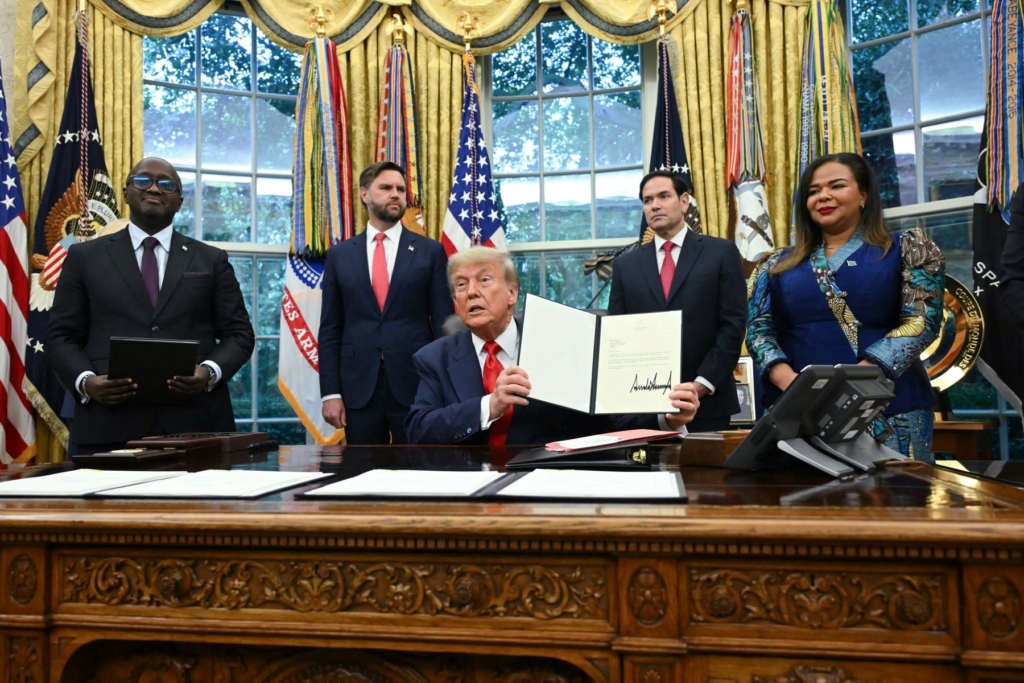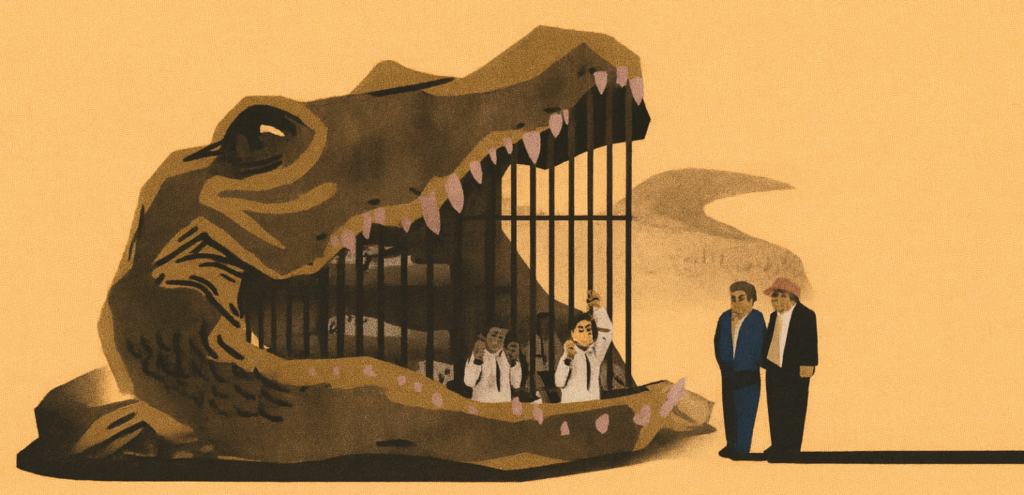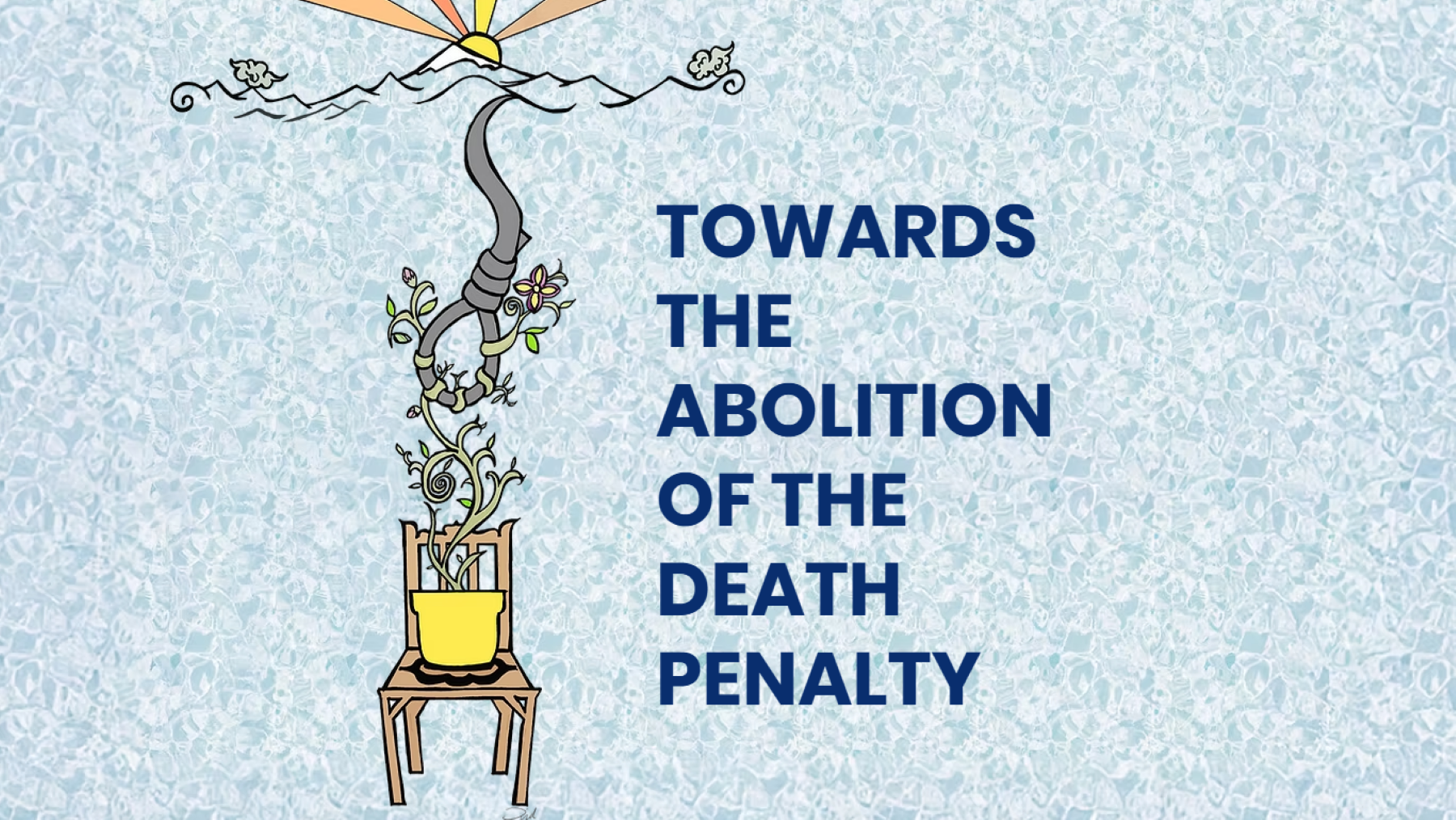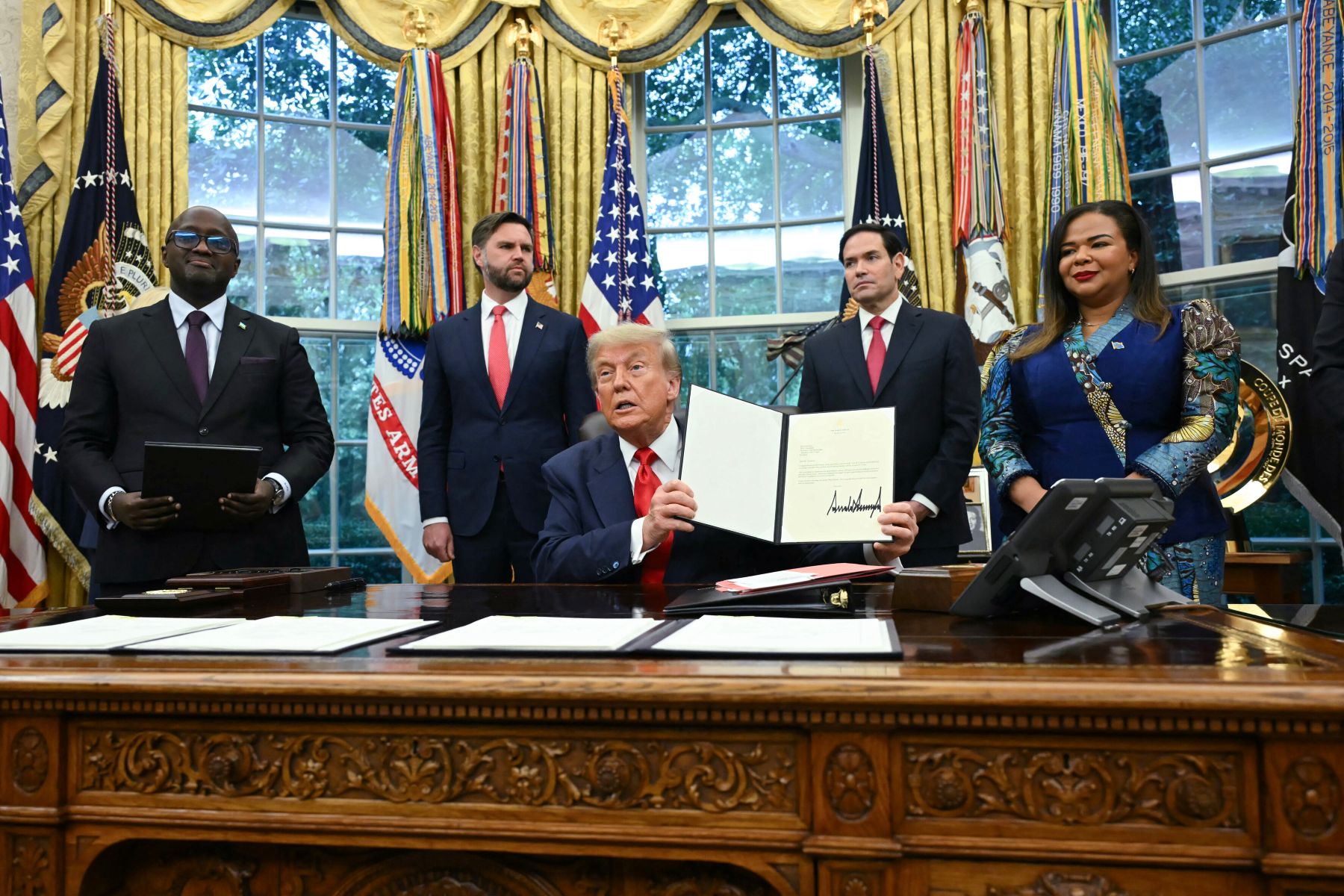By Craig Benjamin, Campaigner for Human Rights of Indigenous Peoples
It’s been called one of the most important Indigenous rights cases ever to come before Canadian courts.
The Tsilhqot’in people in central British Columbia having been seeking court protection for their traditional territories for almost 25 years. Their case has now gone all the way to the Supreme Court where it will be heard on November 7th.
At stake are issues of vital importance to Canada’s relationship with Indigenous peoples.
Will First Nations be able to make their own decisions about lands and territories beyond the small reserves that have been imposed on them? Is there any place in contemporary Canada for the colonial doctrines, such as the doctrine of discovery, that have been used to justify the denial of Indigenous land rights?
Amnesty International, in coalition with the Canadian Friends Service Committee (Quakers), is intervening in the Tsilhqot’in title case to argue that the court’s interpretation of Indigenous rights must meet the standards set out in international human rights law, including the UN Declaration on the Rights of Indigenous Peoples. This is an argument that has never been fully considered by the Supreme Court before.
Tsilhqot’in elders are traveling across Canada to attend the hearing. The Tsilhqot’in Title Express leaves from Williams Lake, BC on October 30th. Stops are planned in Calgary, Regina, Winnipeg, Thunder Bay, and Sault St Marie.
Amnesty International members and supporters in these communities are encouraged to show their support for the Tsilhqot’in legal struggle by joining in rallies and other events to welcome the elders.























